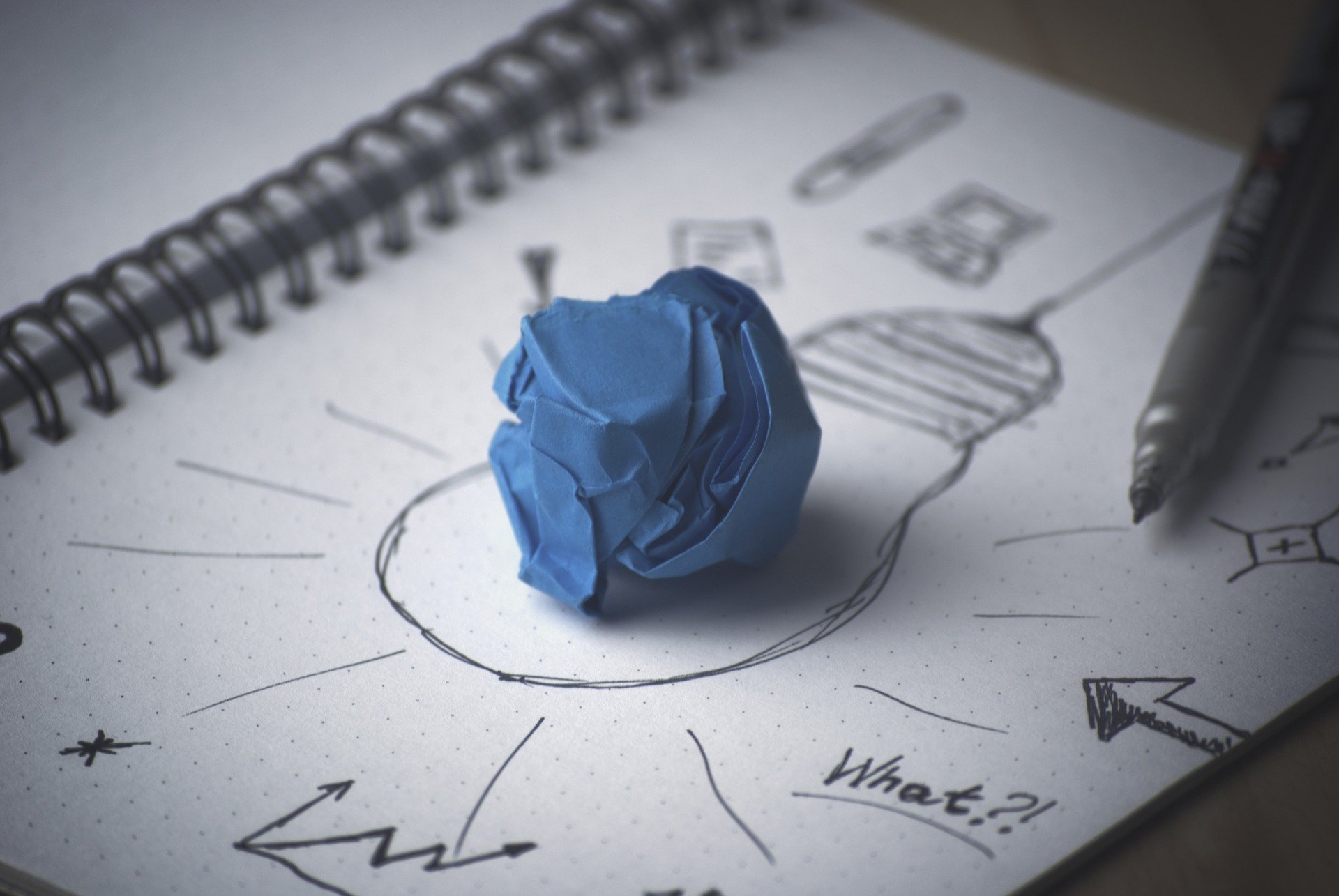How Cognition Affects Us: Everything You Need to Know

Cognitive psychology is one of the most prominent branches of psychology since it delves into how humans think, perceive, and comprehend. Cognition is a collection of mental activities required for knowledge acquisition that includes imagination, communicating, reasoning, and seeing.
Cognitive processes are interrelated and impact our daily lives in a variety of ways. These are crucial when it comes to learning new things and establishing memories.
What Exactly Are Cognitive Processes?
If you are a high school or college student, you may be even more interested in learning about cognitive processes so that you may improve them and achieve higher scores. Among the several processes, attentiveness may be the most important. It is necessary for remaining present in the moment and understand what someone is attempting to teach you.
Cognitive processes work together to integrate new information with what you have already learned indirectly through a relationship with language and the ability to convey your ideas and feelings through words/emotions.
The crucial component to not forgetting what you have learned as soon as the lecture is complete is memory. It enables you to access and save useful information while discarding irrelevant information in the process. It is also critical to include thinking and perception as components of cognition. It would be nearly difficult to decide without these.
What Is the Importance of Cognition?
As previously said, cognition extends much beyond learning new things. To react to impulses, your brain is programmed to decode sensations and everything that happens around you. Cognition is essential for establishing impressions, whether of an idea or the people around you.
Without these cognitive processes, it is reasonable to argue that your daily engagement with the environment would be considerably hampered. This is due to our reliance on prior memories, experiences, language, and perspectives.
How to Improve Cognitive Functions?
The good news is that we have control over our cognition. While genetics and experiences have a role, you may still improve these processes by maintaining a healthy lifestyle that includes a balanced diet, frequent exercise, and a decent sleep regimen. Furthermore, to engage your mind, you must always question what you hear and observe.
Critical and analytical thinking is an excellent method to test your limitations and maintain your brain in peak condition. Finally, while performing numerous activities at once may appear to be practical, it just isn’t. Recent research suggests that it is far preferable to avoid multitasking and instead focus on the present moment.
Finally, consider the following:
Cognition, which is made up of several mental processes, may be improved to have a good impact on your daily routine. You may put this into effect using the information provided above about the various forms and applications.





